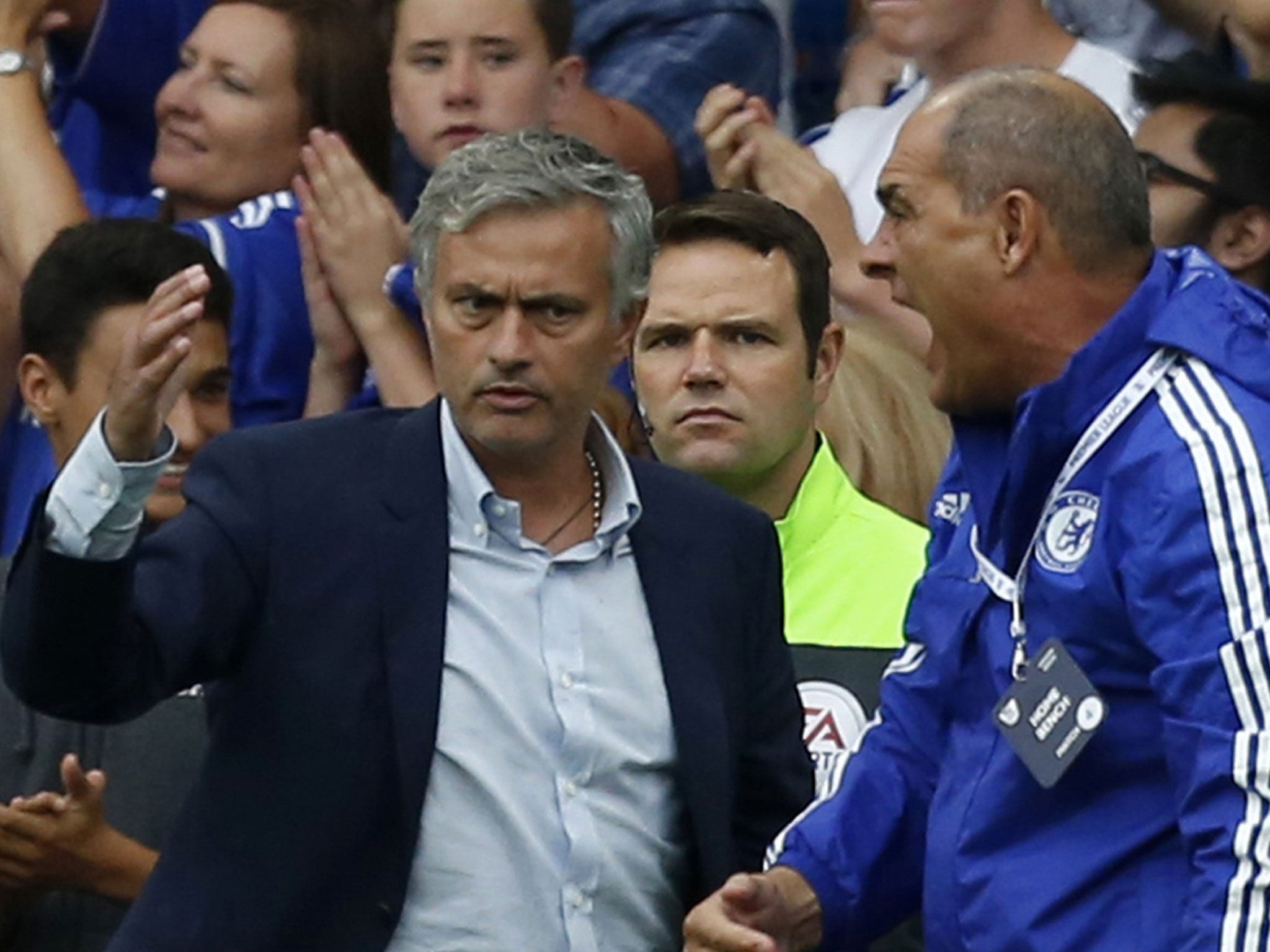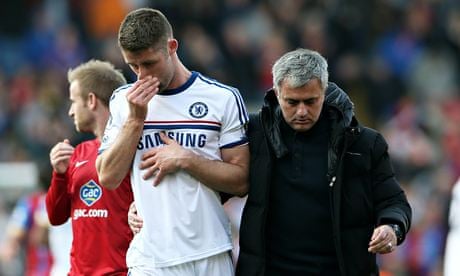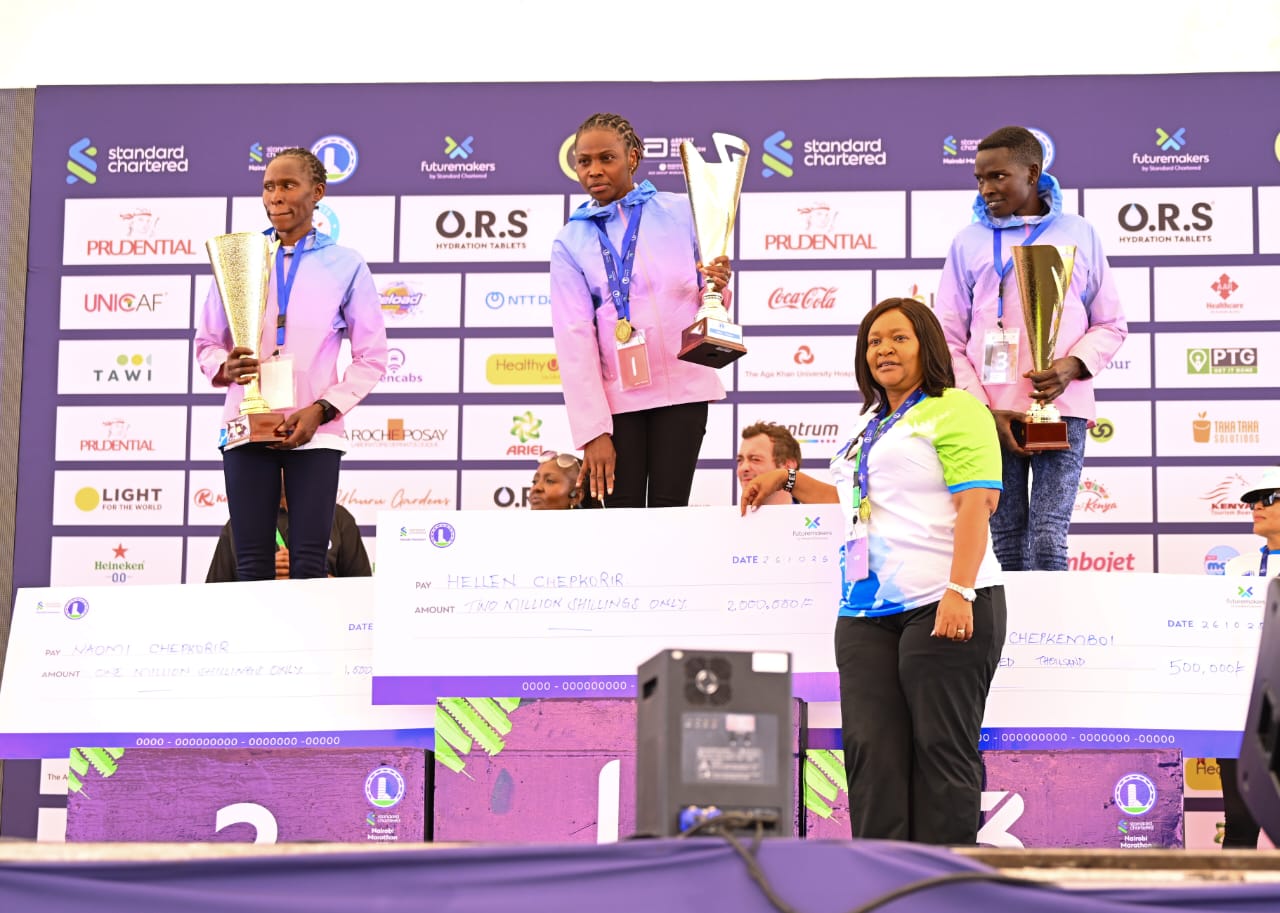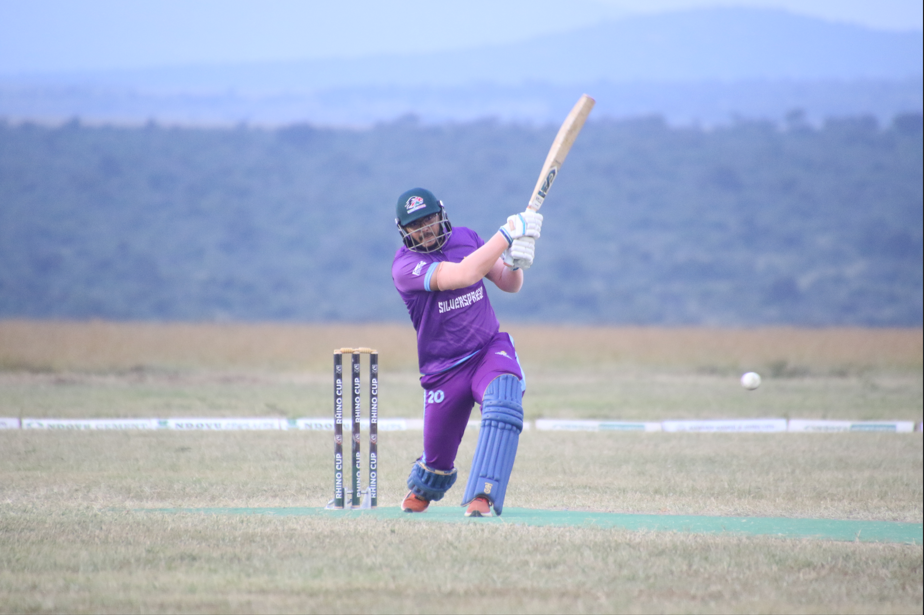By:Vicky Kimathi
Jose Mourinho’s love for football began early—his father, Félix Mourinho, was a professional goalkeeper who played over 300 games for Vitória Setúbal and Belenenses.
Félix transitioned into coaching while still an active player, successfully promoting two teams to the top division. However, despite his success, he was dismissed by one of them shortly after promotion.
Inspired by his father, Jose also joined Belenenses as a player. But after a few years with little progress, he made the bold decision to step aside and pursue coaching.
He was still young, but he realized he lacked the pace and power to succeed at the highest level as a player—so he set his sights on becoming a top manager instead.
After quitting business school, Jose studied sports science, knowing his coaching career would begin with baby steps. He was ready to take any role in a football club—from scout to assistant.

His big break came in an unexpected way when Bobby Robson joined Sporting CP but couldn’t speak Portuguese. Mourinho was hired as his translator.
Robson quickly noticed Mourinho’s deep tactical insight and promoted him to assistant coach. Together, they won two Portuguese championships, three Super Cups, one Portuguese Cup, and reached the UEFA Champions League semi-finals. In 1996, they left Porto for Barcelona.
The club initially did not want Mourinho, but Robson insisted—and Mourinho stayed on even after Robson was replaced by Louis van Gaal.

Still, Mourinho wanted to lead his own team. He took his first head coach role at Benfica, but a new club president dismissed him after just nine matches. Was he unlucky or lucky? Shortly after, he was appointed head coach of Porto in 2002. At the time, the team was struggling, but Mourinho quickly turned things around. He lost only two games that season, guiding Porto to a third-place finish and laying the foundation for future success.
In 2003, Mourinho led Porto to a domestic league title, the Portuguese Cup, and the UEFA Cup—achieving a historic treble. In 2004, he won the UEFA Champions League, defeating teams like Manchester United and Monaco.
Having conquered Portugal, Mourinho signed with Chelsea, becoming the first Portuguese manager in the Premier League. He immediately proved his worth, winning the Premier League, the League Cup, the Community Shield (defeating Arsenal), and the FA Cup (defeating Arsenal and Manchester United).
However, his time at Chelsea came to an end when he parted ways with the club after tensions with the owner, Roman Abramovich—especially following a controversy involving a medical staff member.
Undeterred, Mourinho moved to Italy to coach Inter Milan. In his first season, he won the Italian Super Cup and Serie A. In his second season, he achieved a historic treble—winning Serie A, the Coppa Italia, and the UEFA Champions League by beating Bayern Munich in the final. It was Inter’s first Champions League title in over 60 years.

After that success, Mourinho moved to Real Madrid. Though his time there was more turbulent, he still won La Liga, the Spanish Cup, and the Copa del Rey, defeating Barcelona in some memorable clashes. Facing pressure from fans and the club, he left Madrid after three years.
Mourinho then returned to Chelsea. Although his first season back was inconsistent, he won the Premier League and League Cup in his second season. In December 2015, however, he was dismissed—this time due to off-pitch controversies and poor team performance.
But Mourinho wasn’t done. In the 2016/17 season, he joined Manchester United. There, he won the League Cup, the Community Shield, and the UEFA Europa League—United’s first since 2008.
He also guided the team to a second-place league finish in the 2017/18 season. Eventually, he left the club and spent almost a year out of management.
He was then appointed by Tottenham Hotspur. Though he didn’t win a trophy during his 15 months there, he reshaped the team and led them to a League Cup final—only to be controversially sacked four days before the match, which Tottenham lost.
Next, Mourinho took charge at AS Roma, a club that hadn’t won a major trophy since 2008. In his first season, he finished sixth in Serie A and won the inaugural UEFA Europa Conference League—the club’s first international title in 50 years.
That win also made Mourinho the only manager in history to win all three UEFA club competitions.
Now, despite his age, Mourinho continues his journey at Fenerbahçe in Turkey—still doing what he does best.




